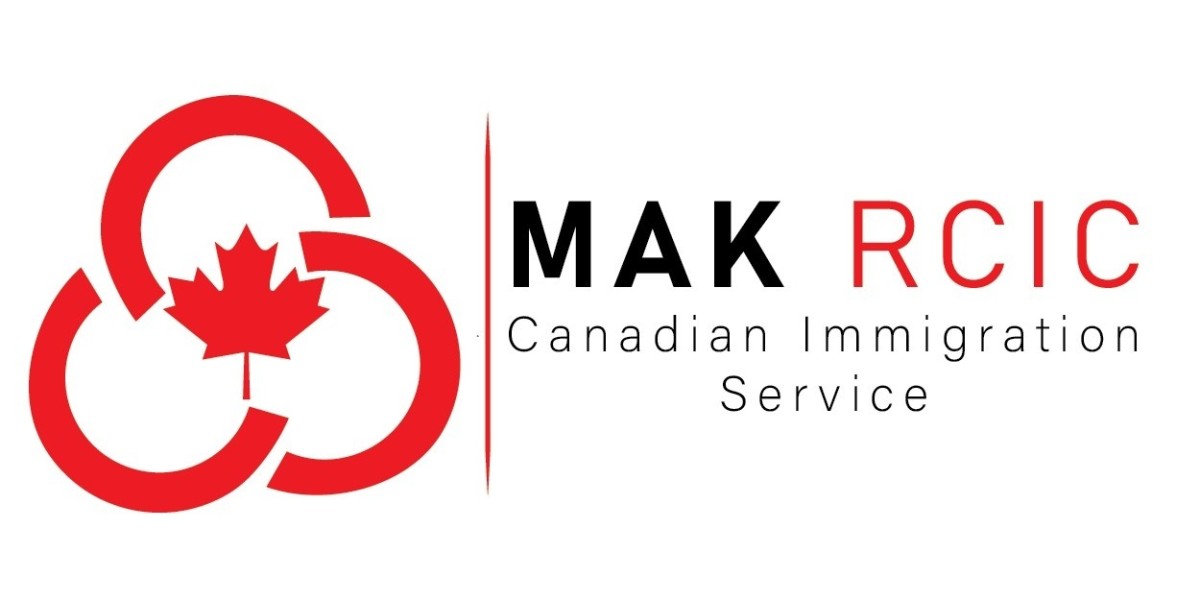When it comes to immigration and visa applications, misinformation spreads faster than facts. Many people rely on hearsay or outdated advice, which can lead to unnecessary stress, application delays, or even visa rejections. At Makimmigration, we believe that understanding the truth behind these common myths is the first step toward a smoother, more successful immigration journey.
In this post, we’ll debunk some of the most widespread misconceptions about immigration and visa applications — and explain what you really need to know before applying.
Myth 1: “All Visa Applications Are the Same”
One of the biggest misconceptions is that all visa types have similar processes or requirements. In reality, every visa category — whether it’s for work, study, investment, or travel — has distinct eligibility criteria, documentation requirements, and processing timelines.
For example, a skilled worker visa demands proof of employment and qualifications, while a student visa requires proof of admission and financial capability. Understanding these differences early can help you prepare the right documentation and avoid unnecessary delays.
Myth 2: “A Small Mistake Won’t Matter”
Even a minor mistake on your visa application form — such as a misspelled name, incorrect date, or missing document — can result in a delay or outright refusal. Immigration authorities are meticulous, and inconsistencies can raise red flags about authenticity.
Always double-check your forms, ensure your supporting documents are consistent, and seek professional guidance from experts like Makimmigration if you’re unsure.
Myth 3: “Visa Rejections Mean You Can’t Reapply”
A visa rejection doesn’t mean the end of your immigration dreams. In most cases, applicants can reapply after addressing the reasons for refusal.
Understanding the rejection notice carefully is key — it outlines the exact reasons why your visa was denied. Once you correct those issues (such as insufficient funds, missing documentation, or unclear travel intent), you can submit a stronger, more convincing application the next time around.
Myth 4: “Getting a Visa Is Pure Luck”
While there is always an element of subjectivity in immigration decisions, the process is not purely based on luck. Visa officers rely on detailed checklists, background checks, and eligibility criteria to assess your application.
What truly increases your chances is preparation — submitting accurate information, demonstrating financial stability, and proving genuine intent. At Makimmigration, we guide clients step-by-step to present their profiles in the best possible light.
Myth 5: “You Don’t Need Professional Help”
With so many online resources available, many applicants assume they can handle visa applications on their own. While that’s true for some, the immigration landscape is constantly evolving. Policy updates, new visa categories, and changing eligibility rules can make it difficult to stay up to date.
Professional immigration consultants stay informed of these changes and can help you avoid costly mistakes that could derail your application.
Myth 6: “Online Applications Are Always Faster”
Many countries now allow online applications, which gives the impression that digital submissions guarantee faster results. However, online systems mainly streamline document uploads and payments — they don’t necessarily speed up the background checks, security screenings, or embassy reviews that determine processing times.
Applicants should plan well in advance and avoid booking travel until they have received a decision.
Myth 7: “Only the Rich Can Immigrate”
While financial stability is an important factor, immigration isn’t reserved only for the wealthy. Many programs are merit-based, focusing on education, skills, or labor market needs. Scholarships, sponsorships, and skilled worker programs allow thousands of individuals each year to move abroad and build new lives — regardless of their starting point.
The key is finding a program that aligns with your qualifications and goals.
Myth 8: “Digital Nomad Visas Are Only for Western Citizens”
A growing trend in global mobility is the digital nomad visa, designed for remote workers who want to live and work from another country. Many people assume these programs are exclusive to Western nationals — but that’s no longer the case.
Today, several countries are opening opportunities for professionals worldwide. For example, there are increasing inquiries and options regarding the digital nomad visa for Pakistani citizens, reflecting how global the remote work revolution has become.
Final Thoughts
Immigration is one of the most life-changing decisions you can make — but it’s also one of the most misunderstood. Don’t let myths or half-truths hold you back from pursuing your dreams abroad.
At Makimmigration, our goal is to simplify the process, provide accurate information, and help you navigate every step of your visa journey with confidence. Whether you’re applying for work, study, or residency, the right knowledge and guidance make all the difference.








